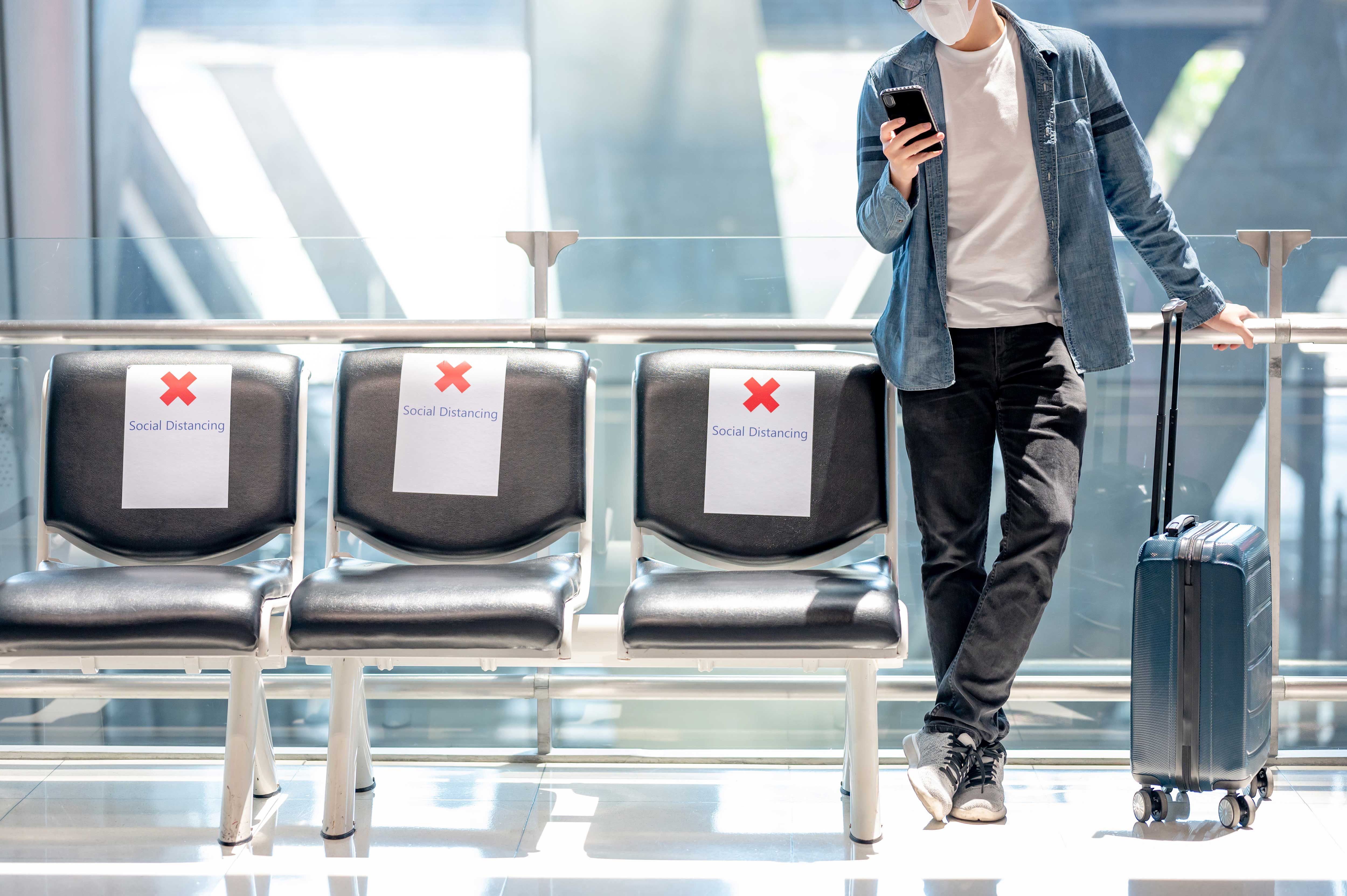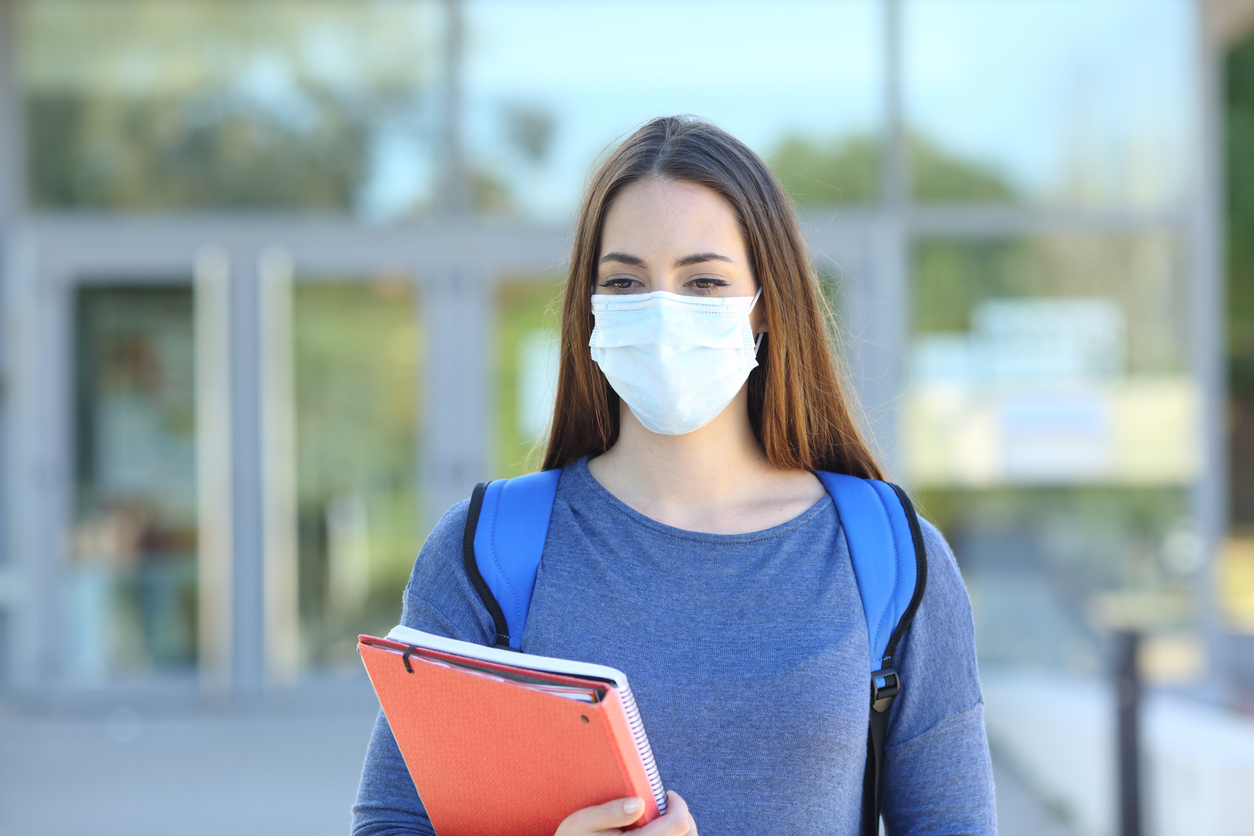Problems cannot be solved by the same level of thinking that created them.
აინშტაინი
Backsliding occurs when there is no progress. Stability does not equal the absence of change, it is only the result of sustainable development. In the digital age, the world is changing at an astonishing rate, and businesses are left with two choices: to either glide on the waves of change like surfers or to disappear under them.
The pandemic has accelerated the cascade of change even more – it changed people, their emotions, social life, and priorities. As a result, the business ecosystem and the rules of the game have also changed, including different industry perspectives, demand for products and services, consumer behavior and preferences, product/service selection criteria, supply channels, brand communication content and style: to put it concisely, everything has changed.
As a result, it is hard to come across a business that does not require a business model or organizational transformation in order to survive or, conversely, to seize new opportunities. The success of a business today is directly related to how timely it acknowledges the need for transformation and how well it manages this very process.
There are multiple signs that indicate the need for transformation in a company's business model or organizational setting. 6 unmistakable symptoms are as follows:
- Failure to seize the potential of the market and unsatisfactory growth rate;
- Slowing down of the growth rate/tendency of downsizing;
- Declining of the dynamics of efficiency and profitability;
- The outflow of valuable staff or an unhealthy organizational climate;
- Lack of creativity and innovation;
- Feeling of stagnation, “walking in circles” or backsliding;
Let us be more specific: if you have not enjoyed the results of your business or the situation in the company for a long time, but despite various attempts, you are unable to change the unwanted status quo, know that the company is in a desperate need of transformation.
Recognizing and acknowledging the need for transformation is a necessary but insufficient condition for the success of a business. It is important for the company’s management team to understand that transformation is so much more than a change of individual parts; rather, the transformation has to be complete.
Analyzing several cases of failure reveals that most companies make a fatal mistake at this very point: they are trying to localize the problem, solve it effectively with minimal costs, or seize the opportunity with minimal resources and outdated approaches. Behind this, of course, are rational motives such as saving time, cost-effectiveness, following a path that has been taken before, the ambition to find the quickest solutions, and more.
However, this approach is ultimately very costly for the company due to it being impossible to achieve large transformational outcomes with small changes. As a result, the company will have wasted its resources or even worse: with the unsuccessful attempts, the company’s management team becomes frustrated, ultimately leading to the shaking of trust and sowing nihilism among the employees when it comes to the company’s management and its future in general.
We have been observing the process of business transformation in ACT for 19 years both in and outside of Georgia. We have accumulated experience and have created a unique model of organizational transformation and management, which we call “the Power of Three”. According to the philosophy of PWR3, the success of any kind of transformation depends on the unity, balance and permanence of these three forces: the power of creativity, the power of order and the power of change.
In the organizational context, we consider three main driving forces of company development and success: (1) vision – (creativity), (2) culture – (order) and (3) execution – (change).
According to our approach, the transformation of a company begins with the renewal of its vision. The second stage of change is the formation of an organizational culture relevant to this new vision, while the third stage of change regards the transformation of organizational systems, processes, and the mobilization of resources needed to achieve new vision and goals.
Our model offers the organization leadership to think and make decisions consistent with regards to these three dimensions: vision, culture, execution. We believe that the decisions bringing the best results are the ones that: 1) serve the company’s vision and main goals, whilst 2) aligning with the company’s values and taking into account the interests of its employees, and 3) the company has to have tangible resources needed for the execution. In other words, PWR3 is not only a model for the transformation of the organization, but also for its effective management, helping the management of the company make consistent and effective decisions, which, in turn, contributes to the sustainable development of the company.
THE POWER OF THREE®’s unique philosophy, model and working principles enables ACT to play a special role in transforming its customers. As a result of PWR3®, the signs of transformation in the organization are clear and visible:
- Employees ignited by the sense of mission.
- Common vision and priorities, effective managerial solutions.
- Organizational values and norms of behaviour are respected and shared by all employees.
- Increased creativity and innovation.
- Processes for people and results, not process for the process itself.
- Focus on customers and creating maximum value for them.
- Achieving goals, growing and developing.
- Establishing self-confidence, development and awareness of success in leadership.
- Improving financial performance.
PWR3 is the power of change that, on the one hand, helps organizations become more resilient in the face of new challenges and, on the other hand, boosts their creativity and openness towards opportunities. We believe that along with a sense of the uniqueness of the mission, it is these qualities that make good companies into extraordinary ones.






